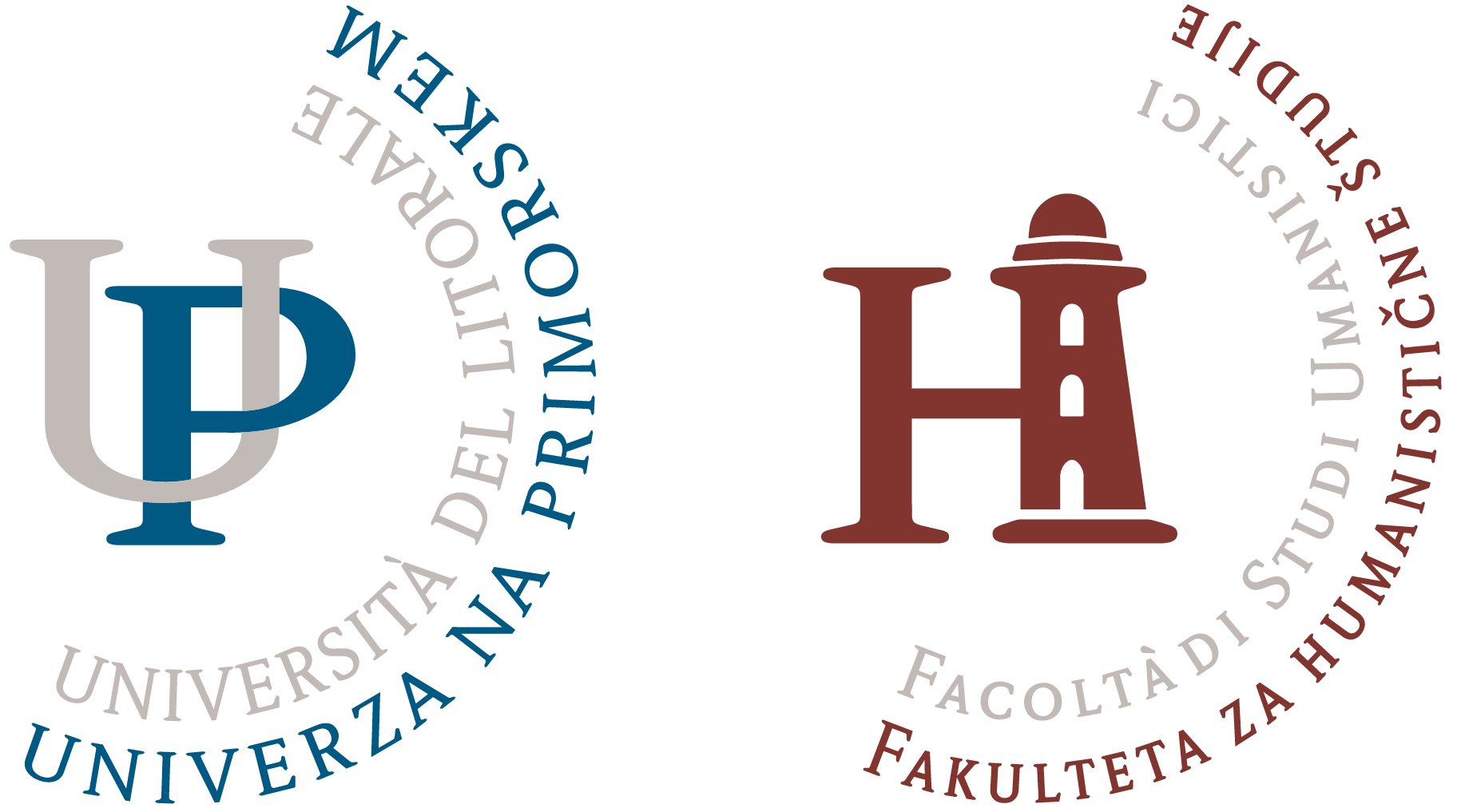Management of Cultural Assets and Archives
Doctoral Study Programme
Presentation
The study program emphasizes the understanding of the web of relationships between the individual and the various components, practices, factors, structures and processes of the “culture”/cultural environment, further understanding the relationship between the “natural” and the “cultural” in man, and finally the various interpretations of the influences between the “specificities of the natural” environment and shaping its “cultural” peculiarities. These fundamental emphases are illuminated in more detail from the perspective of specific areas of regional anthropology, anthropology of religious, ritual and other cultural practices, medicine, health and healing, ecology and natural space, ethnicity and human rights, demographic processes (birth rate, migration), kinship and gender.
The program is designed in accordance with the reform of European doctoral studies, where the first goal of doctoral studies is the dissemination of knowledge through innovative research. The fundamental specific goal of this doctoral study program is to enable doctoral students to gain an in-depth insight into the management of cultural resources and archives, including the use of tools provided by modern information and communication technologies, and to innovatively upgrade the acquired knowledge through independent research work. Different disciplines such as history, archival science, conservation, museology and librarianship are connected and included within the program. The study program is designed as a collaboration of professionals dealing with the study, protection and management of cultural heritage in the broadest sense, whereby the pedagogical process includes both theoretical aspects of the study as well as the transfer of knowledge for applied use in institutions dealing with the management and protection, promotion and marketing of heritage and archives.
The program enables students to gain an in-depth understanding of theoretical and methodological concepts and the ability to independently develop new knowledge and solve the most demanding problems by testing and improving known and discovering new solutions, to manage the most demanding work systems and scientific research projects from a wide professional or scientific field, to develop critical reflection socially -cultural events and processes and for solving specific tasks related to various social problems.
Programme information
Curriculum
Title and Level of Qualification
Doctor of Sciences
Type and Duration
Doctoral, third cycle, part-time study
Duration: 3 Years / 180 ECTS
Classification (KLASIUS-P-16)
0288 interdisciplinary educational activities, mainly arts and humanities
Admission Requirements
Admission to the first year of study shall be granted to the candidates who have completed:
a) a master’s (second cycle) study programme;
b) an undergraduate academic study programme, adopted before 11 June 2004 (pre-reform study programme);
c) a specialisation study programme after having graduated from a study programme, adopted before 11 June 2004 (pre-reform study programme), if a candidate has completed all the study obligations relevant for further study prior to enrolment. Study obligations in the amount from 30 ECTS to 60 ECTS credit points are determined by the competent Faculty Commission, based on the individual application, taking into account the field of previous study. Additional examinations must be completed prior to entry into the programme or during the previous study;
d) an unified master’s study programme, if the study programme carried 300 ECTS credit points and lasted 5 years;
e) a comparable education abroad and have been, in the process of recognition of their qualification and in accordance with Assessment and Recognition of Education Act, legally granted the right to continue their studies in the study programme.
In Case of Enrolment Limitation
the candidates are selected according to:
- average grade on all previous exams (50 %) and
- grade of the diploma (50 %).
Additional Documents required for the Admission Procedure
Along with the application candidate shall also enclose:
1) short research proposal for the doctoral study and
2) basic personal data of the candidate.
The research proposal (7,000-15,000 characters with spaces, bibliography is not part of the sum of characters) must be structured in sets and includes:
1) title page with the name and surname of the candidate, the proposed title of the research topic in the dissertation (if possible at this stage), and the name and surname and academic title of the most suitable mentor in doctoral studies (if possible at this stage),
2) indication and short description of the research topic (definition) (definition of the theoretical starting points of the research, definition of the research question (problem) and research objectives),
3) intended methods of work,
4) expected results and original contribution to science and
5) indication of basic literature and sources.
Basic information about the candidate must contain:
1) short curriculum vitae (up to 2,500 characters with spaces, possibly in indents and
2) bibliography of the candidate (if any).
Expert Commission reviews the candidate’s application. The Commission invites the candidate to an interview before enrolment and the most suitable mentor for the intended field of research is determined. The interview is also an opportunity to reshape the research field in order to provide appropriate mentoring. If the candidate’s research plans are incompatible with the research contents of the Department of Anthropology of the Faculty, the candidate is advised not to enrol. It is necessary to obtain the consent of the expert Commission and the mentor prior to enrolment.
Number of available Places
Slovenian citizens and other citizens of Member States of the European Union: 5
Slovenians without Slovenian citizenship and foreign citizens of non-European Union countries: 2
Doctoral degree study programmes

Anthropology
Doctoral study programme
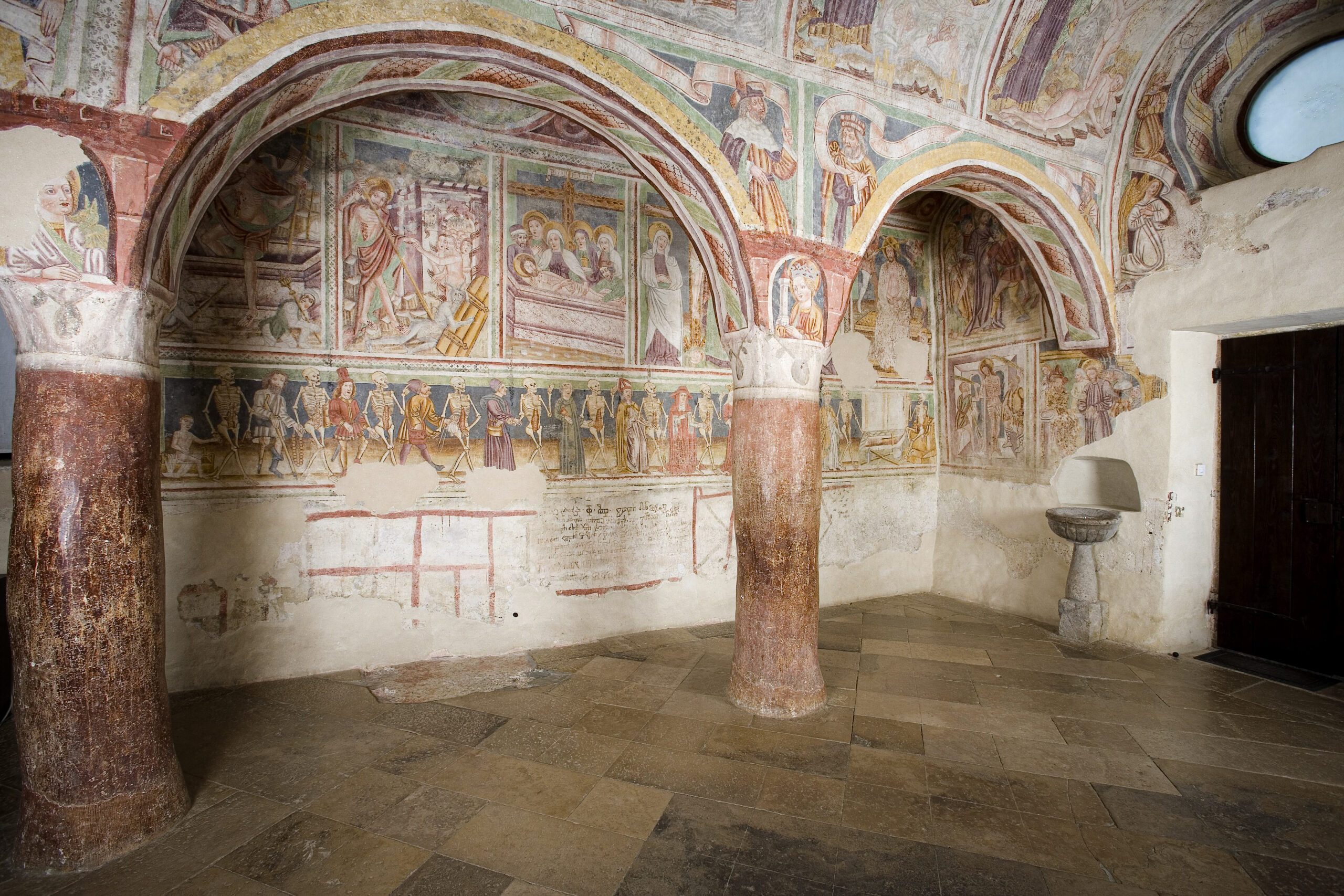
Archaeology
Doctoral study programme
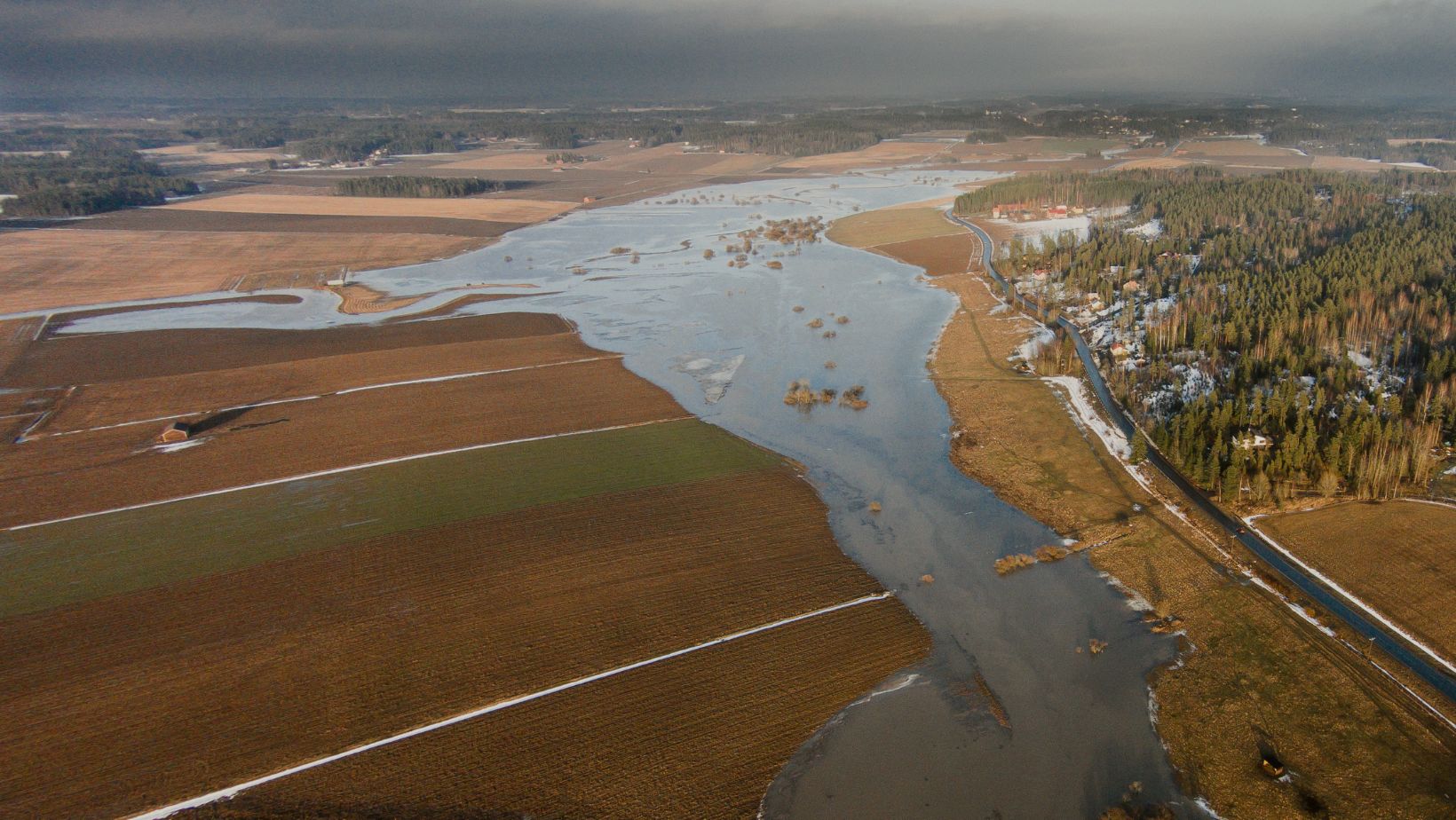
Geography
Doctoral study programme
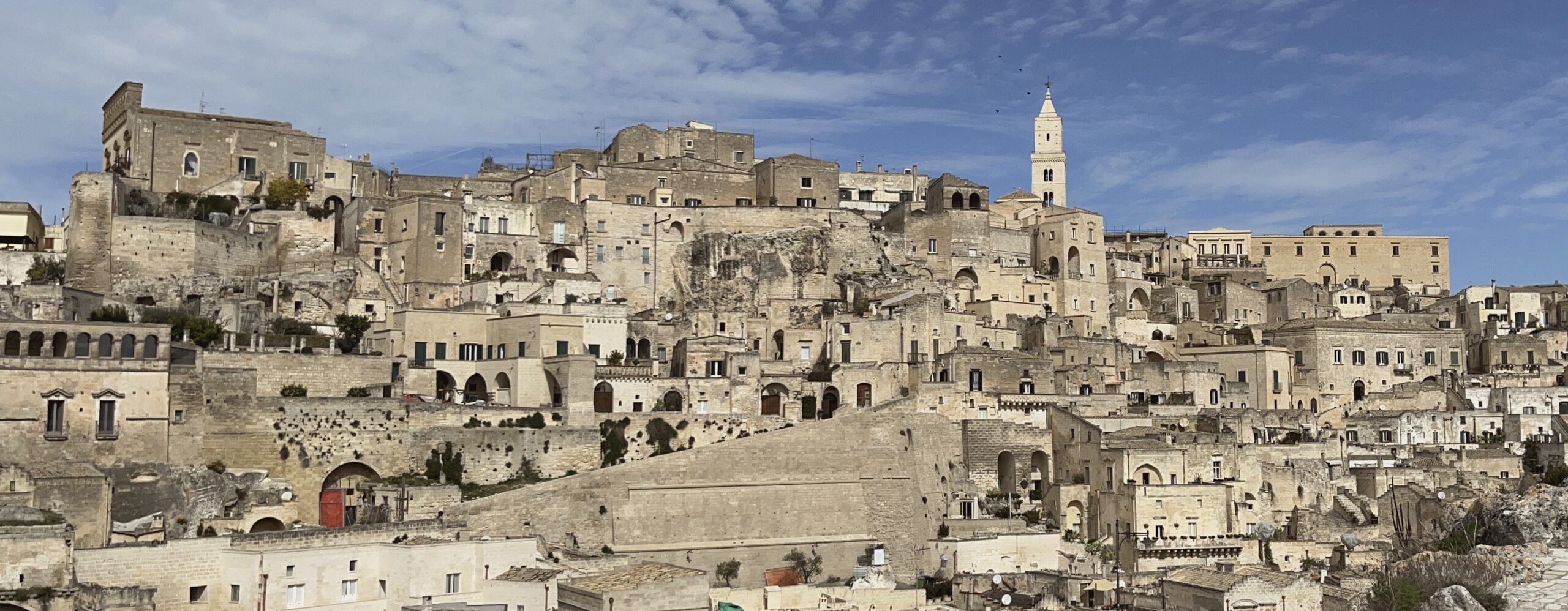
Language and Interculturality
Doctoral study programme

Slovene Studies
Doctoral study programme
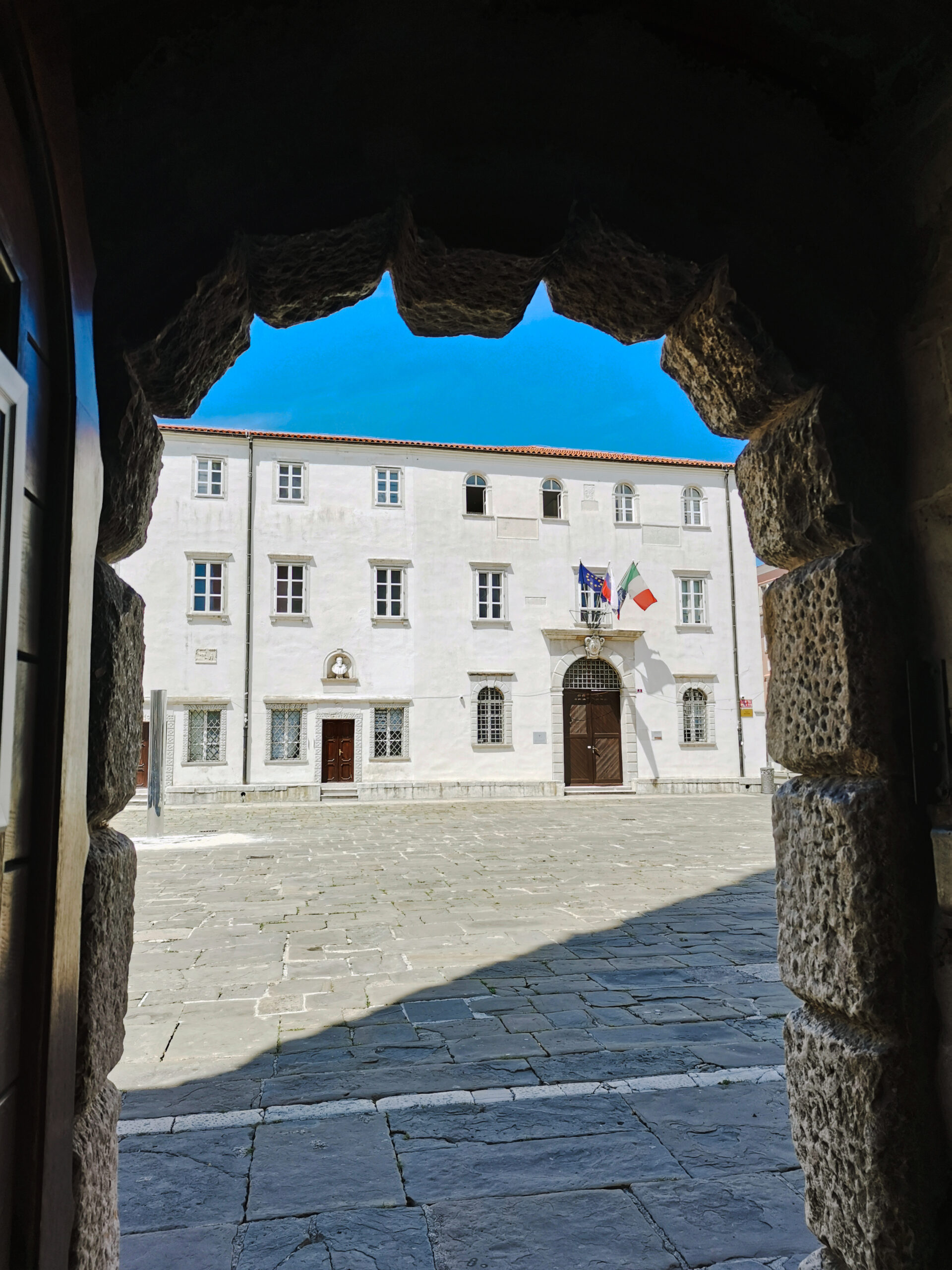
Management of Cultural Assets and Archives
Doctoral study programme

